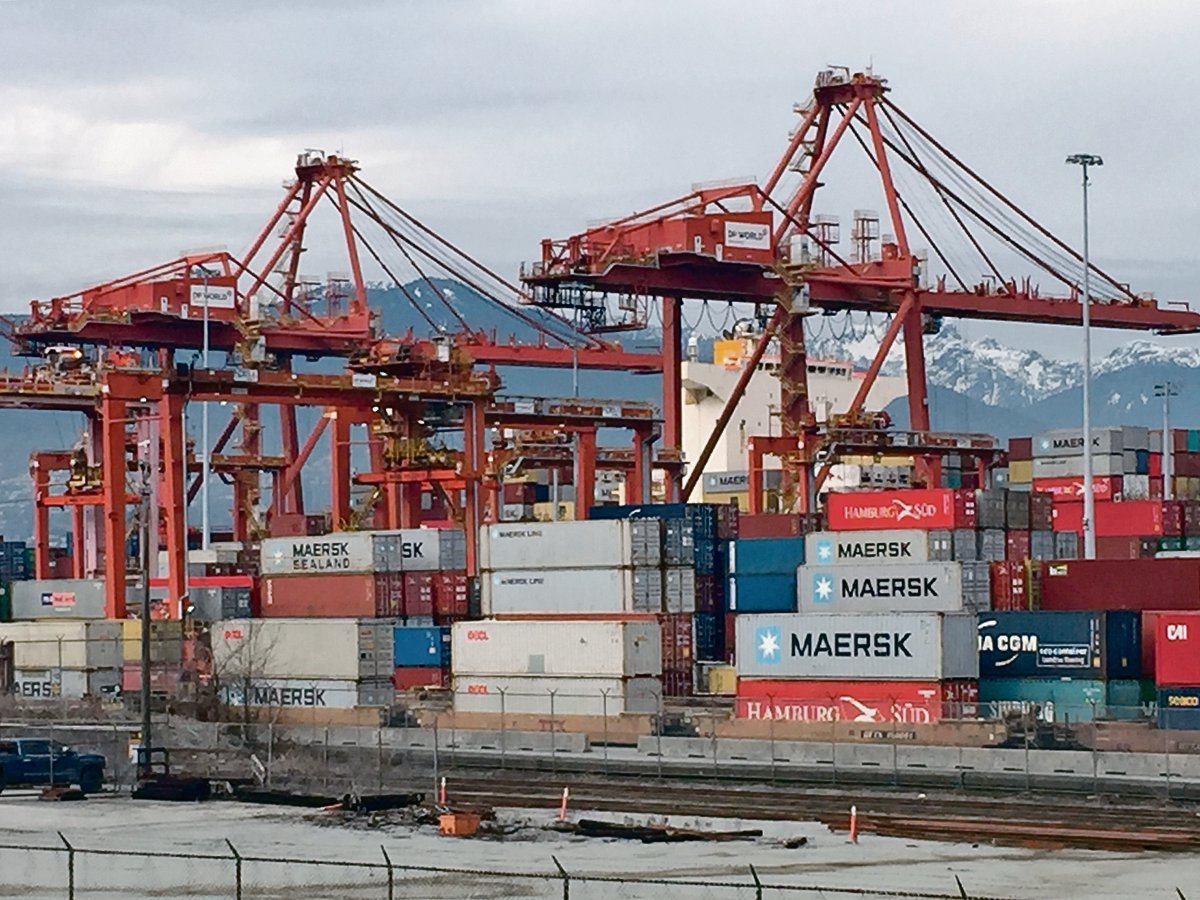PARIS, France (Reuters) —Margarita Louis-Dreyfus borrowed $1 billion from Credit Suisse last year to buy out minority shareholders of Louis Dreyfus Company, pledging her majority stake in the commodities trader as collateral, a company filing showed.
LDC’s chair, who assumed control of the 169-year-old business in 2009, faces a requirement to buy shares from family minorities wishing to sell under a long-term arrangement established by her late husband, Robert.
She said a year ago that she had completed the purchase of 16.6 percent of LDC’s holding company from other family members, bringing her stake to about 96 percent.
Read Also

Message to provincial agriculture ministers: focus on international trade
International trade stakeholders said securing markets in the face of increasing protectionism should be the key priority for Canada’s agriculture ministers.
LDC had previously indicated that she had obtained a bank loan to finance the buyout, without giving details.
An annual filing by Akira B.V., which represents the family trust headed by Margarita Louis-Dreyfus, said it had borrowed $1.03 billion from Credit Suisse (Switzerland) Ltd. on or about Jan. 25, 2019.
“In anticipation of the borrowing of the foregoing funds, the company pledged all of its shares of LDHBV to Credit Suisse (Switzerland) Ltd.,” Akira said in the filing, which was made in the Netherlands Dec. 31.
LDHBV, short for Louis Dreyfus Holding B.V., is the structure that holds the family’s shares in LDC.
The document did not indicate when the loan should be repaid.
Last January’s share buyout was the second by Margarita Louis-Dreyfus and like the previous one that was concluded in 2015, it followed protracted negotiations over valuation.
The exit of most other family members could be followed by the entry of outside investors for the first time after LDC said last year that it may look at selling stakes.
The group specified it could bring “regional players” into its capital, suggesting industry partners operating in one region rather than worldwide like LDC.
In November, LDC launched a cost-cutting plan after a decline in first-half profits, which it blamed on international trade tensions and a swine disease epidemic in Asia.














